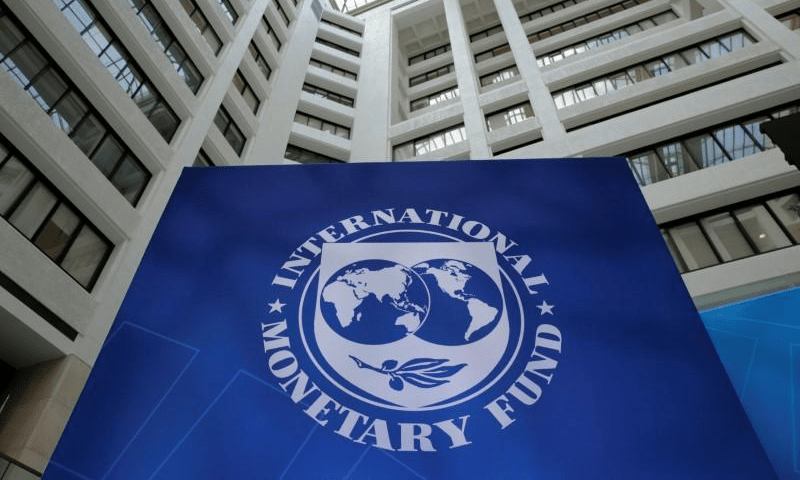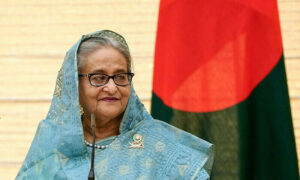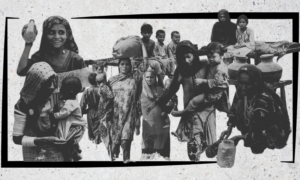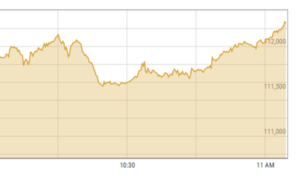A day after concluding its staff visit to Pakistan, the International Monetary Fund (IMF) on Saturday said it and the government had agreed on the need to transfer “greater social and development responsibilities to provinces”.
The unscheduled visit from Nov 12 to Nov 15 discussed a $7-billion bailout within six weeks of its approval by the IMF board, but came too early for the first review of the Extended Fund Facility (EFF), due in the first quarter of 2025.
Talks between Pakistan and the IMF concluded on Friday under tight secrecy from both sides, with a rare revision of fiscal data turning Punjab into a cash surplus province from a deficit one only a fortnight ago.
A wrap-up meeting with the Pakistani team, led by Finance Minister Muhammad Aurangzeb, also focused on the country’s desire to increase its loan programme size and discussed climate financing, under which Pakistan has applied for an additional loan of $1.2 billion.
It was for the first time that provinces were now directly part of the talks with the IMF under a loan programme.
In an end-of-mission statement issued on Saturday, IMF mission chief Nathan Porter said: “We agreed with the need to continue prudent fiscal and monetary policies, revenue mobilisation from untapped tax bases, while transferring greater social and development responsibilities to provinces.”
The Fund’s Executive Board had also stressed “broadening the tax base” in September.
The IMF said it was “encouraged by the authorities’ reaffirmed commitment to the economic reforms supported” by the 2024 EFF.
Porter termed discussions with Pakistani authorities on economic policy and reform efforts as constructive, noting they aimed to “reduce vulnerabilities and lay the basis for stronger and sustainable growth”.
He highlighted that “structural energy reforms and constructive efforts” were critical to restore the sector’s viability.
During the recent talks, the IMF and the government were reportedly in a fix over energy sector issues amid rising fears of a potential default-like situation in the Pakistan State Oil (PSO) and two gas companies.
Porter also urged the government to “take steps to decrease state intervention in the economy and enhance competition, which will help foster the development of a dynamic private sector”.
The IMF official emphasised that a strong programme implementation could create a “more prosperous and more inclusive Pakistan, improving living standards for all Pakistanis”.
“The next mission associated with the first EFF review is expected in the first quarter of 2025,” the statement concluded.
Pakistan has struggled for decades with boom-and-bust economic cycles, prompting 23 IMF bailouts since 1958.
Additional input from Reuters







